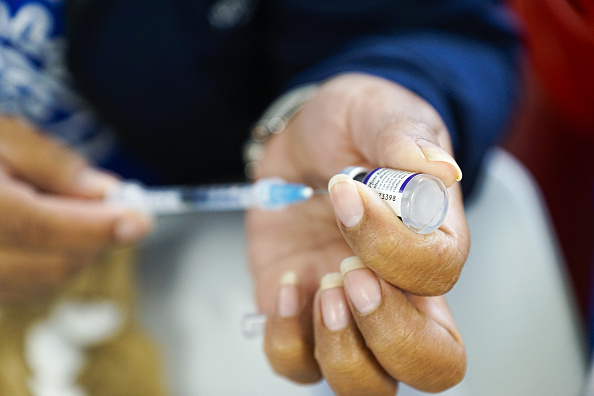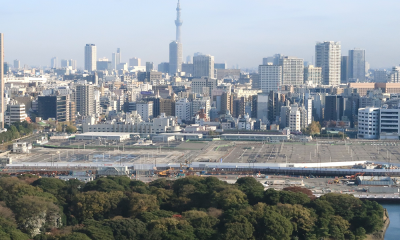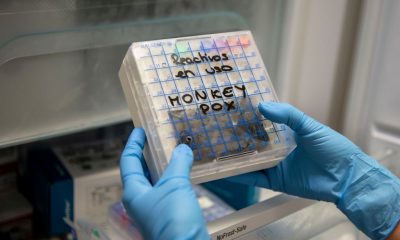South Korean health officials recently approved the use of the country’s first domestically developed COVID-19 vaccine, meant for people 18 years and older.
The outcome of a public-private partnership, the vaccine was manufactured by the vaccine developer alongside the government, research institutes, and private experts.
According to South Korea’s Food and Drug Safety Ministry officials during a briefing last week, SK Bioscience’s two-dose SKYCovione vaccine proved to be more effective at building immunity against COVID infections than the more broadly used AstraZeneca. The results came after several clinical trials involving around 4,000 participants from South Korea and five other countries.
It’s unclear how the officials will administer the newly developed vaccine, nor how big of a role the shots will play when the next phase of the pandemic comes. The vaccine was designed for COVID-19’s original version, not the newer omicron variants that are more transmissible.
In line with this, U.S. vaccine manufacturers Pfizer and Moderna have been speeding up their booster development that targets omicron, with experts saying the virus can evolve again shortly.
For the past two years, South Korea’s mass efforts to immunize its citizens have mainly depended on mRNA shots from Pfizer and Modern. However, officials said that protein vaccines like SKYCovione (which are more similar to shots used against the common flu) could be more appealing to people who are hesitant to get vaccines made using newer technologies.
“The approval (of SKYCovione) internationally confirms the abilities of our companies to develop COVID-19 vaccines,” said Food and Drug Safety Minister Oh Yu-kyoung. According to her, SK Bioscience seeks approval from the World Health Organization for its vaccine, potentially opening export opportunities and adding another tool against the pandemic.
Even after the homegrown vaccine’s authorization, research is still in progress to ensure its safety and reliability.
After battling an omicron surge, South Korea has fortunately eased many virus restrictions thanks to its high vaccination rate . The country has also opened its doors again to tourists. However, some experts said another surge in cases could be happening due to waning immunities and newer variants.
Last Wednesday, South Korea reported 10,463 new coronavirus cases, the country’s first daily increase of over 10,000 in the past 20 days. But with a months-long downward trend, health ministry official Son Youngrae said it’s too early to tell whether a new surge is happening.
















